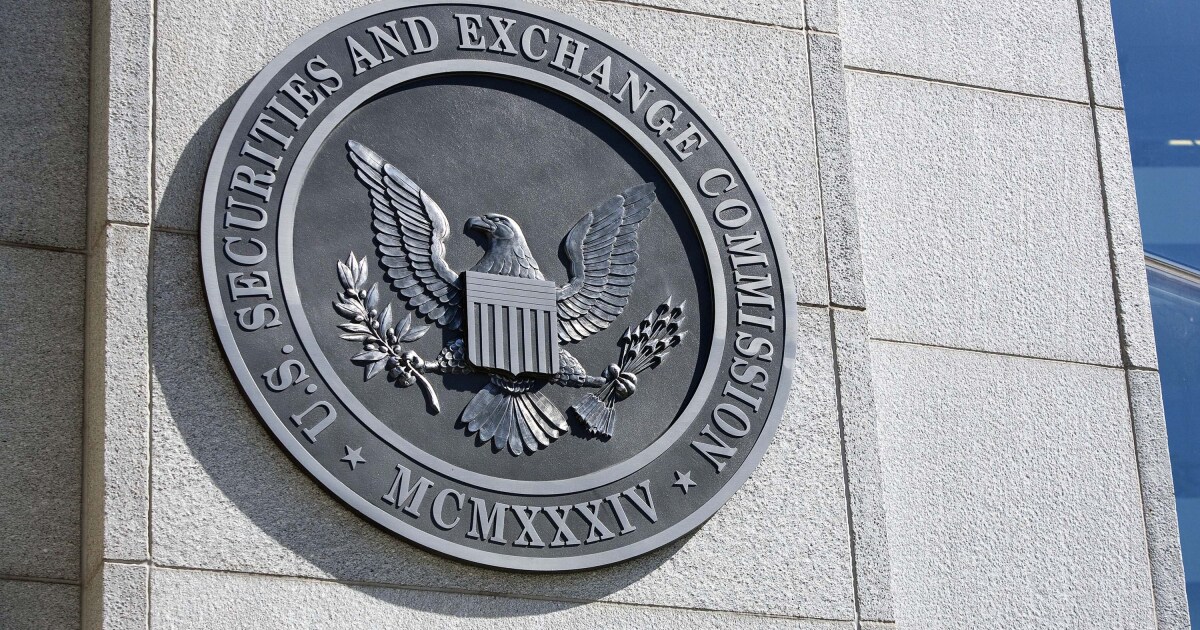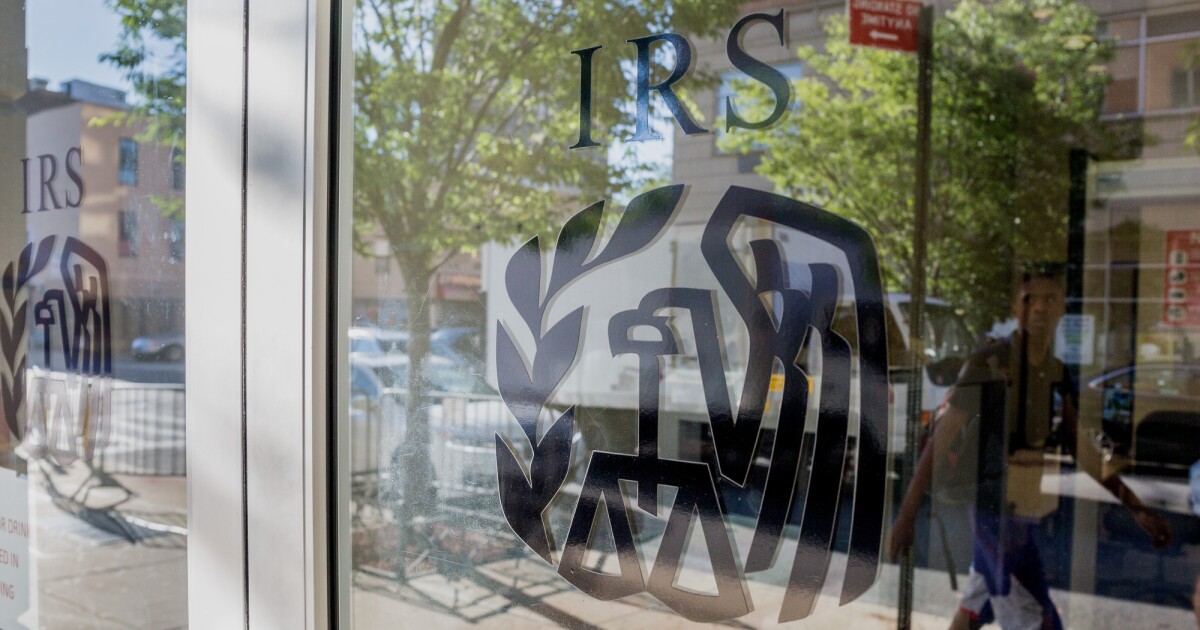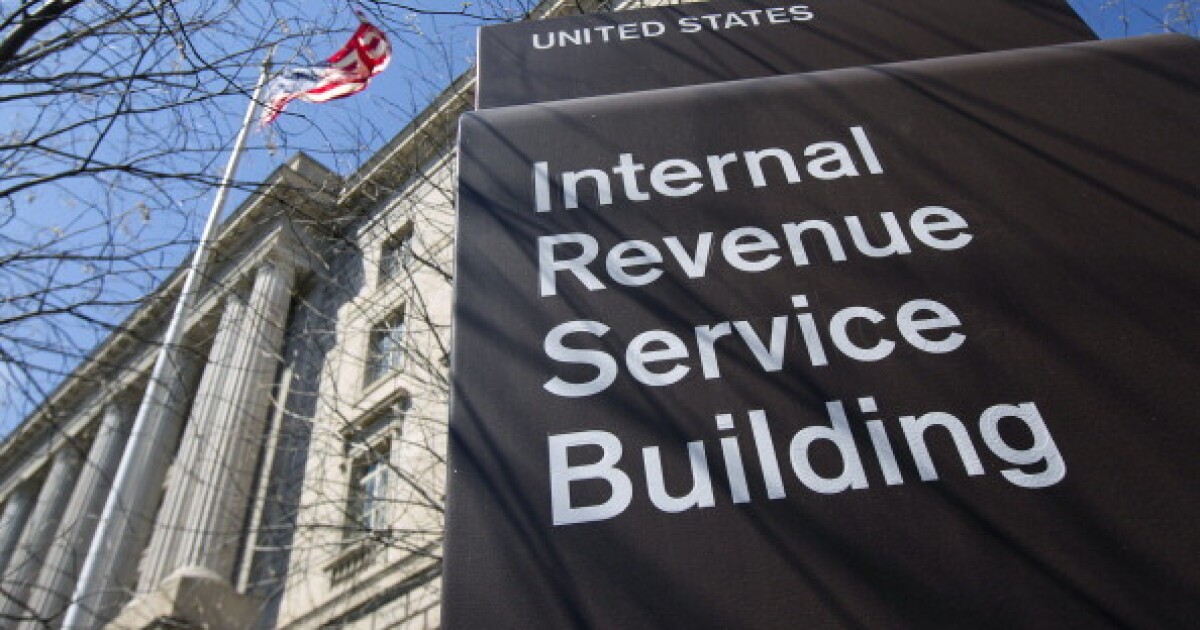After 14 years of debate, the Securities and Exchange Commission is in the final stages of bringing a powerful new surveillance tool fully online. But Wall Street is seizing on the ideal political environment for a last-ditch attempt to kill it.
The Consolidated Audit Trail is a database, one of the largest ever created, that is set to revolutionize how the agency monitors trading activity and spots potential misconduct. By its May 31 industry compliance deadline, it will collect almost all U.S. trading data, as many as 500 billion records a day, and give the SEC a live window into activity across markets.
Citadel Securities is leading a suit seeking to have the CAT declared illegal, and Wall Street is rallying behind it. Though financial firms have long expressed skepticism about the project, they are now allying with Republicans in Congress to paint it as a dystopian nightmare that would allow the federal government to spy on the investment decisions of every American. The fight also comes as the U.S. Supreme Court has hinted that it’s inclined to rein in the SEC and other federal agencies.
‘Orwellian surveillance’
Ken Griffin’s market-making firm declined to comment for this article but pointed to its Feb. 8 court brief, in which it accused the SEC of trying to “keep the American people in the dark about the adverse impacts of its unprecedented effort to subject the national securities markets to an Orwellian surveillance regime.”
In a Feb. 15 filing, Citadel Securities got the support of the Securities Industry and Financial Markets Association, the Managed Funds Association, the Alternative Investment Management Association and other trade groups representing just about every major US bank, brokerage, hedge fund, private equity and asset management firm — everyone from Goldman Sachs Group Inc. to Robinhood Markets Inc. Rival market maker Virtu Financial Inc. signed on separately in a show of unity against a common threat.
The SEC called the challenge “meritless” in an April 15 court filing and said Citadel Securities had never objected to the CAT before it filed its challenge last fall.
The regulator defended the CAT as a natural progression of its oversight powers and said the previously “cumbersome, time-consuming and frequently unsuccessful” process of tracking orders had become obsolete in today’s faster and more automated markets. The agency also said there were limits on the CAT’s access to and use of personal data and decried the “caricature” of the database being used “to snoop on Americans’ personal financial decisions.”
Wall Street has a specific beef with how the SEC wants to pay for the CAT — by imposing billions of dollars in fees on broker-dealers. The database is actually owned by CAT LLC, which is composed of stock exchanges and the industry-backed Financial Industry Regulatory Authority. The current SEC plan is to allocate two-thirds of the costs of developing and operating CAT to broker-dealers as opposed to the exchanges and Finra.
But David Rosenfeld, a former SEC enforcement official now teaching law at Northern Illinois University, said there’s also clearly concern on Wall Street about enhancing the agency’s ability to examine trading activity.
“It gives the SEC not exactly real-time but close to real-time insight into what’s going on as far as trading is concerned,” said Rosenfeld. “That can give them a huge advantage in terms of ferreting out certain types of misconduct. There’s lot of things you can figure out just by looking at the data.”
One in a trillion
First proposed in the wake of the 2010 “flash crash,” the CAT’s data collection has proceeded in stages, starting with equity trades and non-complex options trades in 2020 and moving to complex options trades the following year. The May deadline is for market participants to submit client information to the CAT.
In December 2022, the SEC gave its first indication of how it would use CAT data for enforcement, quietly crediting the database with uncovering one of the biggest front-running schemes ever. Nuveen trader Lawrence Billimek was charged with tipping off Oregon retiree Alan Williams about stocks the asset-management giant was planning to buy, netting them $47 million in illegal profits.
Legal experts say the pair’s insider trading probably wouldn’t have been caught without the CAT.
Major insider-trading cases have often focused on single-market events like merger announcements. In the Nuveen case, the SEC used the CAT to track some 1,697 intraday equity trades made by Williams, finding he had a 97% “win rate” over a five-year period. The chances of that occurring randomly were less than one in a trillion, the SEC said.
Both men pleaded guilty to criminal charges last year, and Billimek is scheduled to be sentenced on May 20. He faces up to 20 years in prison.
“Before the CAT, it was literally like the SEC was in the horse-and-buggy era of the 19th century trying to catch the fastest race car drivers of the 21st century,” said Dennis Kelleher, co-founder of financial reform advocacy group Better Markets. “I mean, it just wasn’t a fair fight. This changes all of that.”
Supreme Court v. agencies
At an October conference in Chicago, SEC enforcement official Rachael Clarke said the agency has built a whole analytic infrastructure to crunch CAT data. She hinted more enforcement cases were in the works.
“Stay tuned. More CAT in the future,” she said.
But that promise of stepped-up enforcement could be in jeopardy.
In November, the conservative Supreme Court majority indicated that it might bar the SEC from using in-house judges to decide enforcement cases, forcing it to litigate all actions in federal court. The same justices in January suggested they might also overturn the court’s landmark 1984 decision in Chevron v. NRDC, which held that federal judges must defer to the expertise of government agencies like the SEC.
Citadel Securities filed its October suit in the federal appeals court in Atlanta, which is regarded as more conservative than its counterpart in Washington. The firm argues in its suit that a project as big and expensive as the CAT, with an estimated price tag of $1 billion to develop and then $200 million a year to maintain, can’t be pushed on the industry by the SEC without explicit congressional approval.
Congressional brief
David Slovick, a former SEC lawyer now at Barnes & Thornburg, said rulings on agency overreach by the Supreme Court could influence the judges in the CAT case.
“If there’s an avenue for a win here,” he said, “I think it’s the Supreme Court saying, ‘You’re acting outside of the scope of your regulatory authority and you need to go back to the congressional well and get legislative authority to do what you’re trying to do.'”
Citadel Securities’ arguments have already found a receptive audience on Capitol Hill. In February, Congressional Republicans led by Senator Tom Cotton of Arkansas and including Senator Tim Scott of South Carolina, filed a brief in support of the CAT challenge. They said “creating such an elaborate and intrusive structure involved significant policy judgments on questions of individual liberty, personal privacy, national security, and law enforcement” should be a matter for Congress.
‘Core values’
Republicans have expressed a particular fear that CAT data could be used to monitor investors’ political and religious beliefs.
“Economic transactions offer a window into a person’s deepest thoughts and core values,” SEC Commissioner Hester Peirce, an appointee of former President Donald Trump, wrote in a dissenting May 2020 letter urging the agency to reconsider the project.
“That some investors undoubtedly are engaged in misconduct in our financial markets cannot justify amassing this information,” she added. A conservative think tank last month filed a suit in Texas federal court challenging the CAT as an unconstitutional invasion of privacy.
But Slovick says the concerns about investor privacy are overblown, since the data was already being collected by the exchanges and Finra. In his view, the finance industry is harnessing the political argument to cloak its true reason for opposing the CAT.
“It makes the SEC’s lift a lot lighter,” said Slovick. “Their cases against Wall Street are going to be more effective and, of course, Wall Street doesn’t like that.”


 Economics1 week ago
Economics1 week ago
 Accounting1 week ago
Accounting1 week ago
 Economics1 week ago
Economics1 week ago
 Economics1 week ago
Economics1 week ago
 Personal Finance1 week ago
Personal Finance1 week ago
 Blog Post4 days ago
Blog Post4 days ago
 Economics5 days ago
Economics5 days ago
 Personal Finance7 days ago
Personal Finance7 days ago












